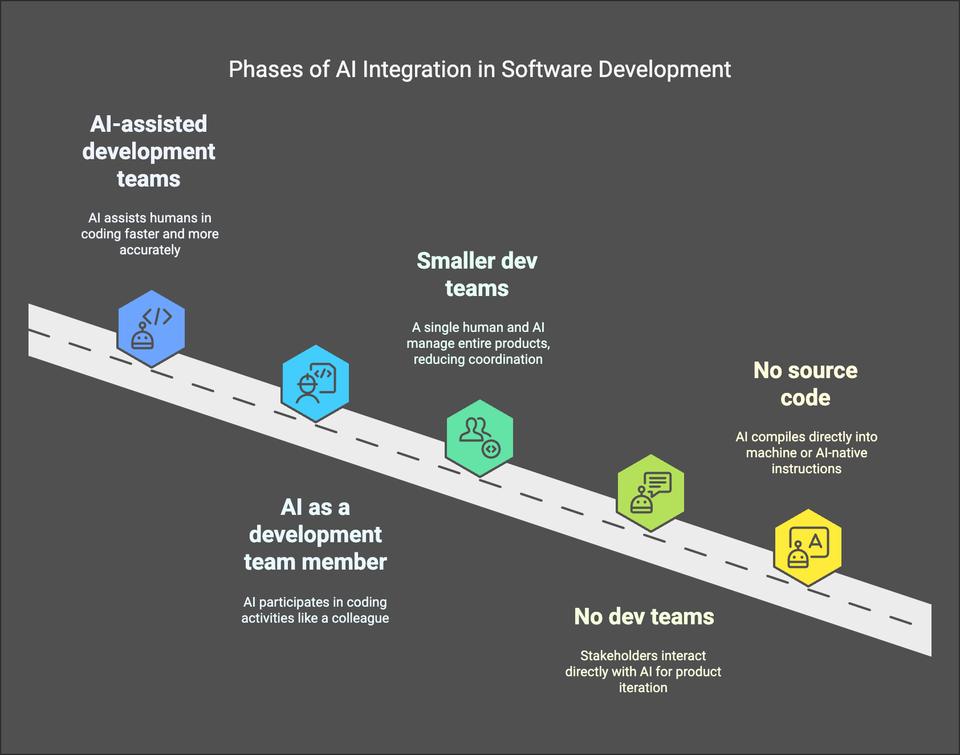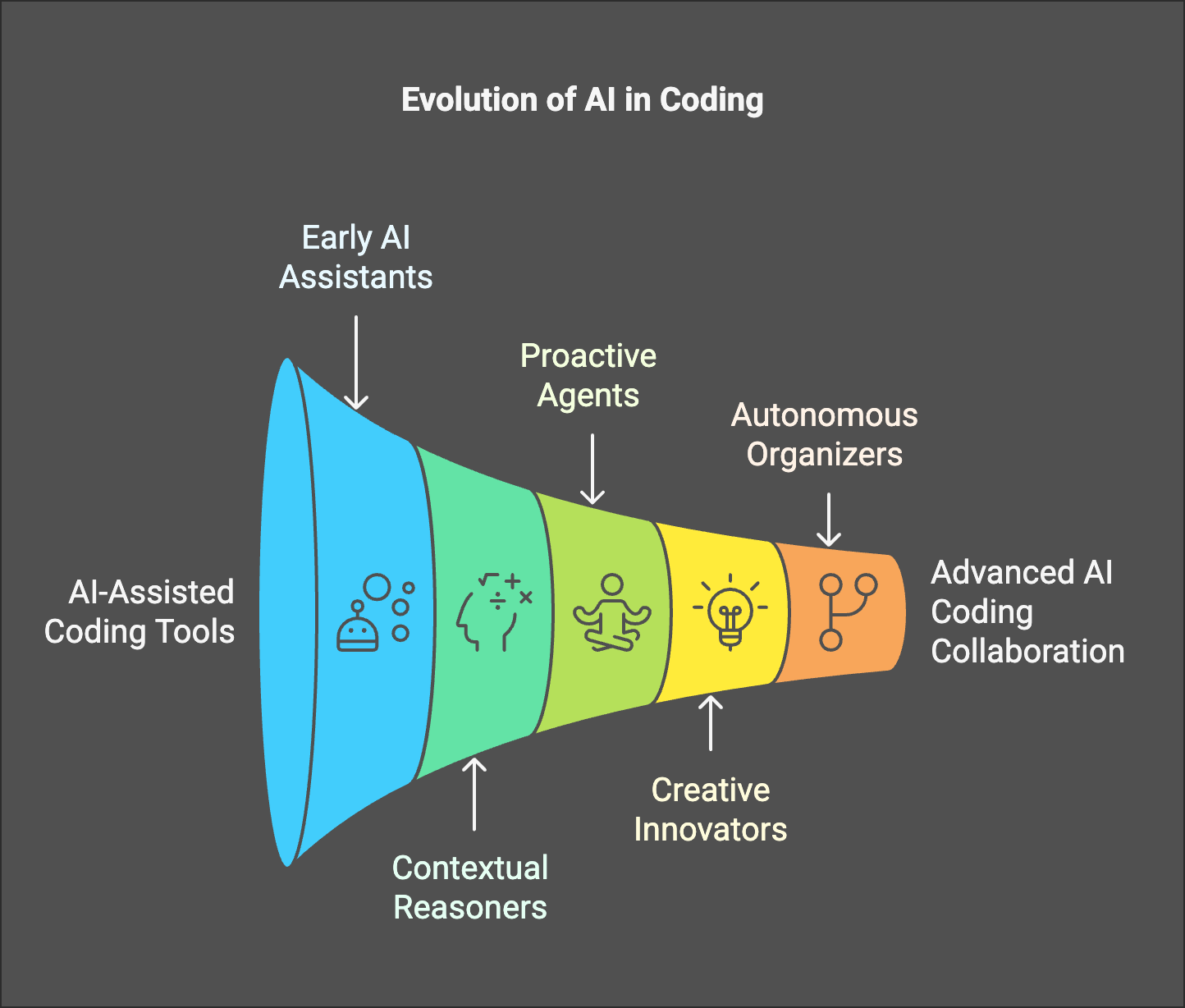The Solo Founder's Secret Weapon: Domain-Specific AI Agents and the Future of One-Person Companies

By 2025, we’ll see domain-specific “agentic systems” becoming a mainstream way to tackle complex tasks. According to Anthropic’s definition, an agentic system involves a Large Language Model (LLM) that dynamically decides how to use tools, rather than following a fixed, predefined workflow. In other words, agents are able to “think” on their own, plan out how to solve problems, and switch between different tools and data sources—while workflows are more static, with every step laid out in code ahead of time.
Why Domain-Specific Agents?
As AI evolves, it’s no longer just about being able to do “a bit of everything.” Instead, we’ll see a surge of specialized agents—tailored to verticals like real estate consulting, personal finance, recruiting, event planning, or any other niche industry—capable of understanding and navigating the complexities of that specific field. These domain-specific agents can interpret field-specific rules, handle specialized data, and produce high-value outputs with minimal oversight.
Fuel for the One-Person Company
For indie hackers and solo entrepreneurs, the rise of these agents is a game-changer. Instead of manually juggling a dozen tasks—or hiring full-time specialists—one-person companies can deploy domain-specific agents to tackle entire segments of their operations. For instance:
- A one-person real estate consultant can use a housing-market-focused agent to gather and filter property listings, run comparative market analyses, estimate rental yields, and generate custom recommendations for clients.
- A legal-tech solo founder might embed an agent to parse large legal documents and compile summaries, saving countless hours and legal fees.
- A small-scale e-commerce owner could deploy a customer-support agent that dynamically analyzes user inquiries, retrieves relevant data, and crafts personalized responses.
- A freelance event planner might rely on an events-focused agent to coordinate venue availability, manage vendor communications, and organize attendee logistics—all without the need to manually follow up at every step.
These agentic systems grant indie hackers near-corporate-level capabilities in specialized areas—without requiring the overhead of big teams. By 2025, the environment will favor those nimble enough to plug into (or build upon) these vertical AI systems, creating highly focused and effective solutions for real-world problems. This trend will further narrow the gap between large enterprises and resourceful one-person ventures, allowing a solo founder to move quickly, pivot effortlessly, and deliver specialized value with the help of autonomous AI partners.



